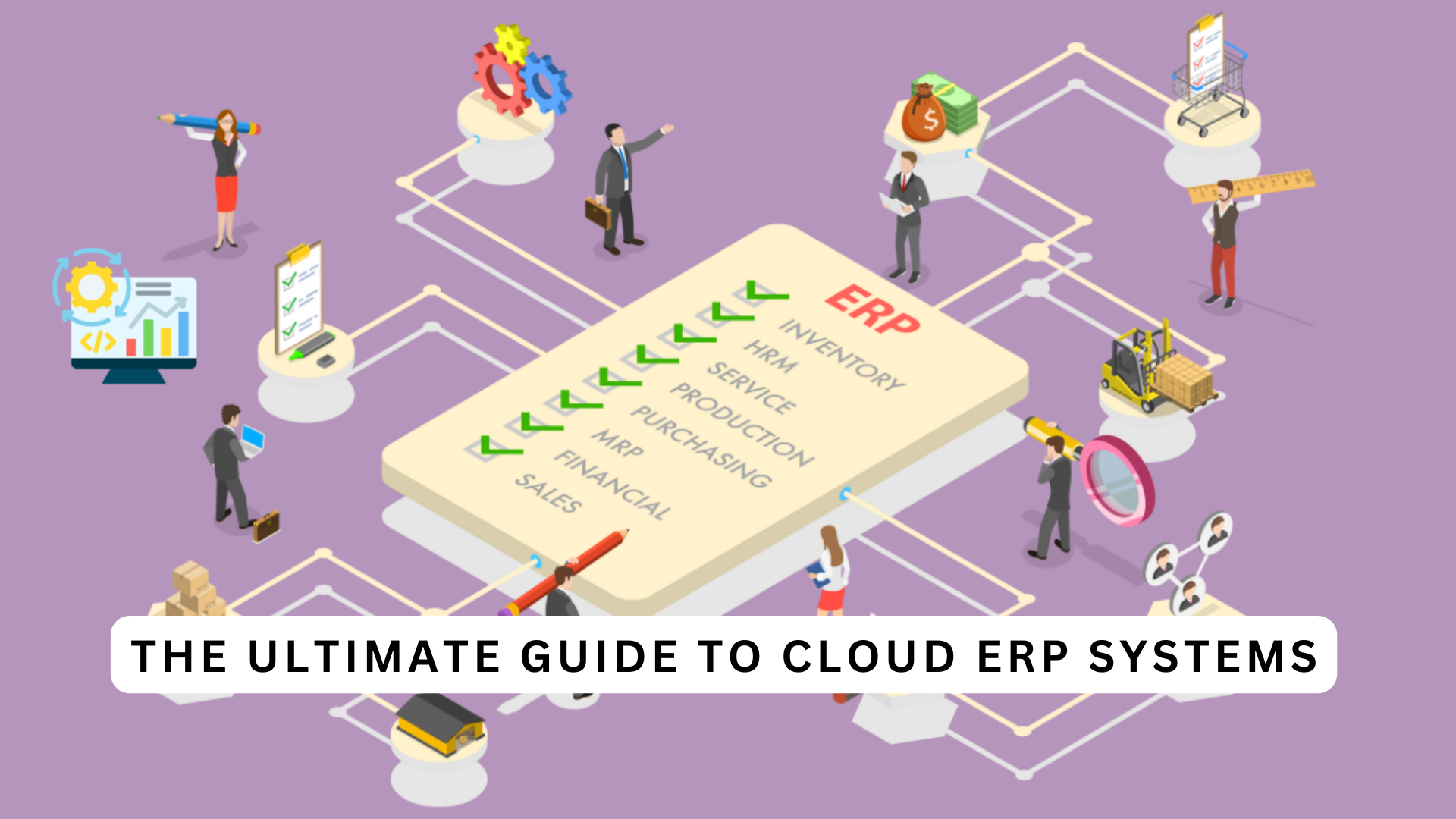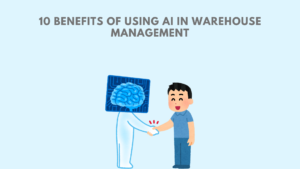Enterprise Resource Planning (ERP) systems have long been a cornerstone for managing business processes, but the advent of cloud technology has revolutionized how these systems are implemented and used. Cloud ERP systems offer numerous advantages over traditional on-premises solutions, making them an essential consideration for modern enterprises. This guide will walk you through everything you need to know about cloud ERP systems, from what they are to how to choose the right one for your business.
What is a Cloud ERP System?
A Cloud ERP system is a software solution that integrates various business processes and functions into a single unified system accessible over the internet. Unlike traditional ERP systems that are hosted on an organization’s own servers, cloud ERP systems are hosted on the vendor’s servers and accessed through a web browser. This means businesses can leverage powerful ERP functionalities without the need for extensive hardware investments or IT maintenance.
Benefits of Cloud ERP Systems
1. Cost Savings
One of the most significant advantages of cloud ERP systems is cost savings. With a cloud-based solution, there are no upfront costs for hardware and infrastructure. Additionally, cloud ERP systems typically operate on a subscription-based model, which spreads out costs over time and allows for better financial planning.
2. Scalability
Cloud ERP systems are highly scalable, making them ideal for businesses of all sizes. As your business grows, you can easily add more users, modules, or storage without the need for significant additional investments.
3. Accessibility
With a cloud ERP system, your team can access the system from anywhere with an internet connection. This is particularly beneficial for businesses with remote or distributed teams, as it ensures everyone has access to real-time data and can collaborate effectively.
4. Automatic Updates
Cloud ERP vendors handle system updates and maintenance, ensuring that you always have access to the latest features and security enhancements without the need for manual intervention or downtime.
5. Enhanced Security
Reputable cloud ERP providers invest heavily in security measures to protect their clients’ data. This includes encryption, regular security audits, and compliance with industry standards and regulations.
Key Features of Cloud ERP Systems
When evaluating cloud ERP systems, it’s essential to consider the features that will best support your business needs. Here are some key features to look for:
1. Financial Management
A robust financial management module is crucial for managing your company’s finances, including accounting, budgeting, forecasting, and reporting.
2. Supply Chain Management
This module helps manage the flow of goods and services, from procurement to production and delivery. Key functionalities include inventory management, order processing, and logistics.
3. Human Resources Management
An integrated HR module streamlines HR processes, including payroll, benefits administration, employee records, and performance management.
4. Customer Relationship Management (CRM)
A CRM module helps manage customer interactions and relationships, providing tools for sales, marketing, and customer service.
5. Project Management
This module assists in planning, executing, and monitoring projects, ensuring they are completed on time and within budget.
6. Business Intelligence and Analytics
Advanced analytics and reporting tools help you gain insights into your business performance and make data-driven decisions.
Choosing the Right Cloud ERP System
Selecting the right cloud ERP system for your business can be a daunting task. Here are some steps to guide you through the process:
1. Assess Your Needs
Start by evaluating your current processes and identifying the specific needs and pain points that a cloud ERP system can address. Consider factors such as the size of your business, industry-specific requirements, and the functionalities you need.
2. Research Vendors
Research and compare different cloud ERP vendors. Look for providers with a strong track record, positive customer reviews, and a robust support system. Key players in the market include Oracle NetSuite, SAP Business ByDesign, Microsoft Dynamics 365, and Infor CloudSuite.
3. Request Demos and Trials
Most vendors offer demos or free trials of their systems. Use these opportunities to test the functionalities and user interface. Involve key stakeholders from your team to gather feedback.
4. Consider Integration and Customization
Ensure the cloud ERP system can integrate with your existing software and tools. Also, assess the level of customization available to tailor the system to your specific business processes.
5. Evaluate Total Cost of Ownership (TCO)
Consider both the direct and indirect costs associated with the cloud ERP system, including subscription fees, implementation costs, training, and ongoing support. Evaluate the TCO over the system’s expected lifespan.
6. Check for Compliance and Security
Ensure the vendor complies with relevant industry standards and regulations, and that their security measures meet your company’s requirements for data protection and privacy.
Implementation Best Practices
Implementing a cloud ERP system requires careful planning and execution. Here are some best practices to ensure a smooth transition:
1. Develop a Clear Implementation Plan
Create a detailed plan outlining the implementation steps, timelines, and responsibilities. Include milestones and key deliverables to track progress.
2. Involve Key Stakeholders
Engage stakeholders from various departments early in the process to gather requirements, address concerns, and ensure buy-in.
3. Invest in Training
Provide comprehensive training for your team to ensure they are comfortable using the new system. This can significantly enhance user adoption and productivity.
4. Conduct Regular Testing
Perform thorough testing at each stage of the implementation to identify and resolve any issues before going live.
5. Monitor and Optimize
After the system is live, continuously monitor its performance and gather feedback from users. Make necessary adjustments and optimizations to ensure the system meets your business needs.
Conclusion
Cloud ERP systems offer a powerful and flexible solution for managing business processes in today’s digital age. By understanding their benefits, key features, and implementation best practices, you can choose the right system for your business and unlock new levels of efficiency and agility. Whether you’re a small business looking to streamline operations or a large enterprise seeking to integrate complex processes, a cloud ERP system can be a game-changer in driving your business forward.









